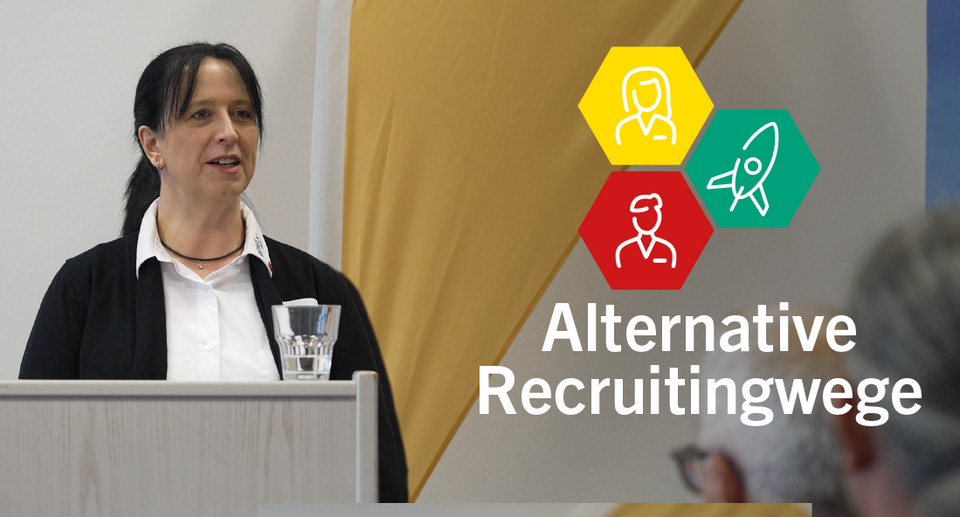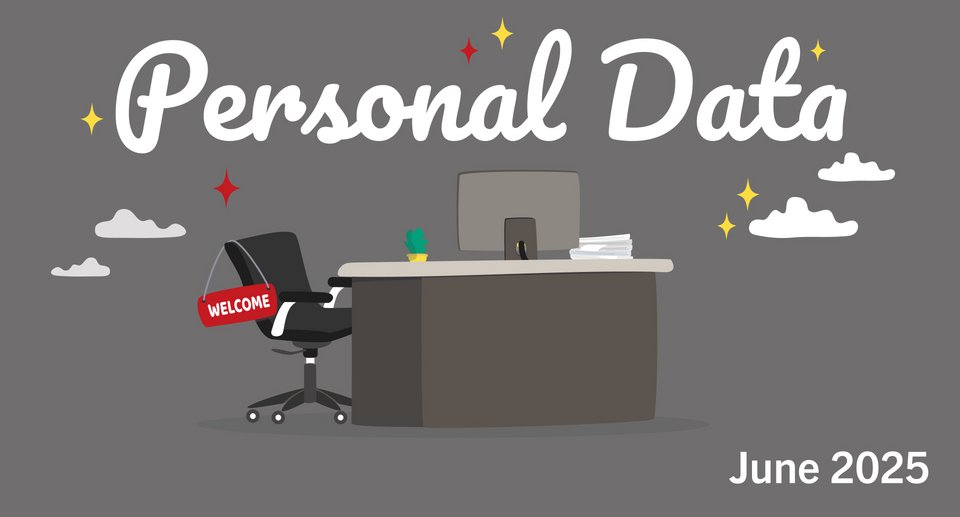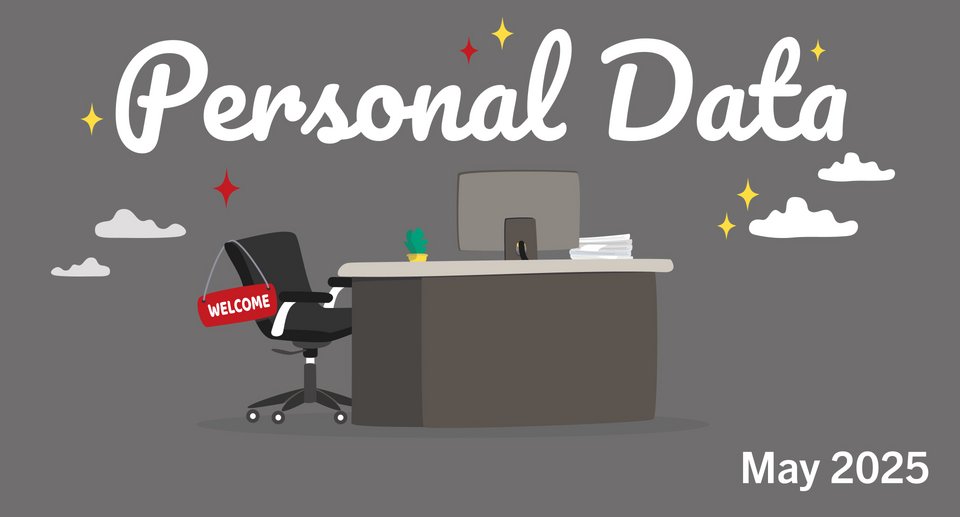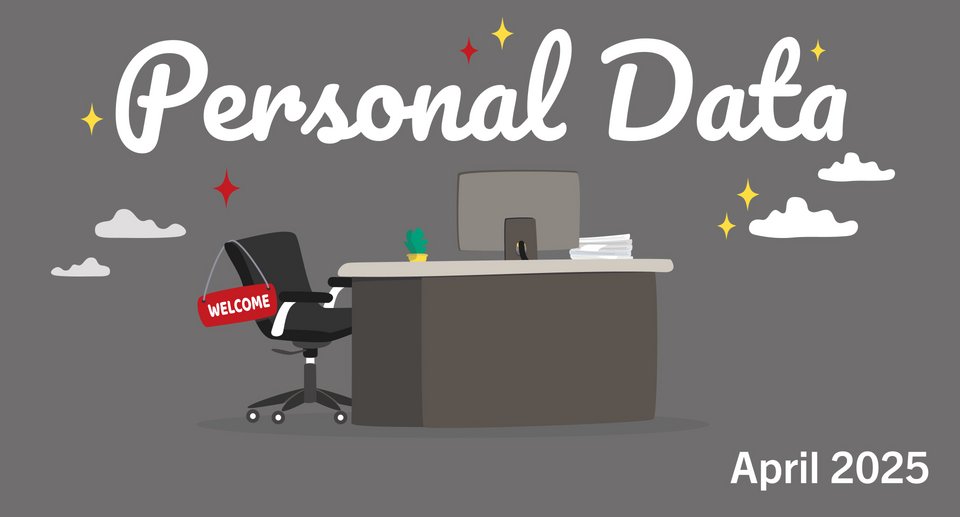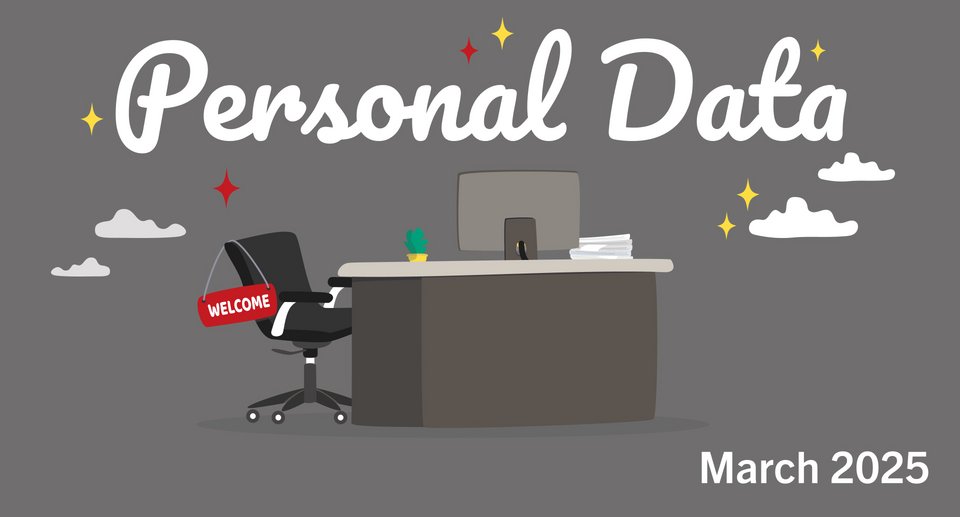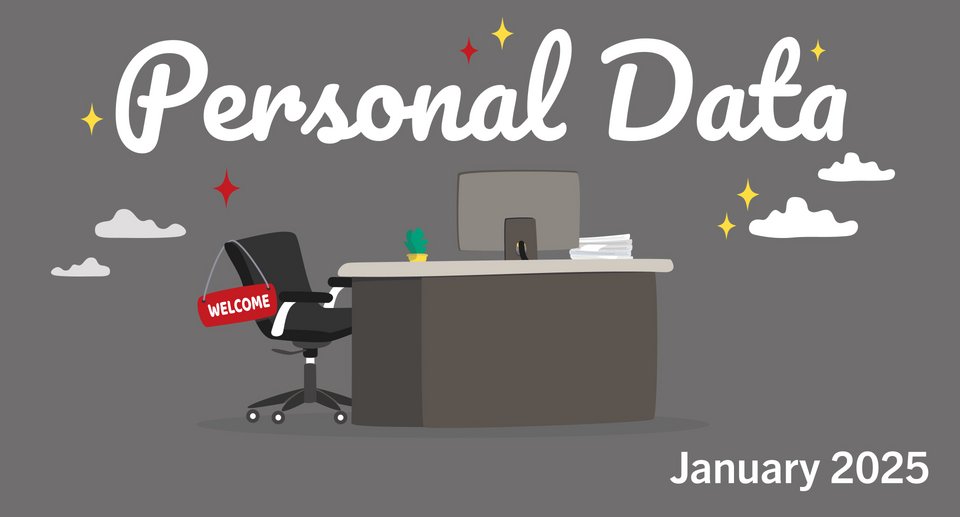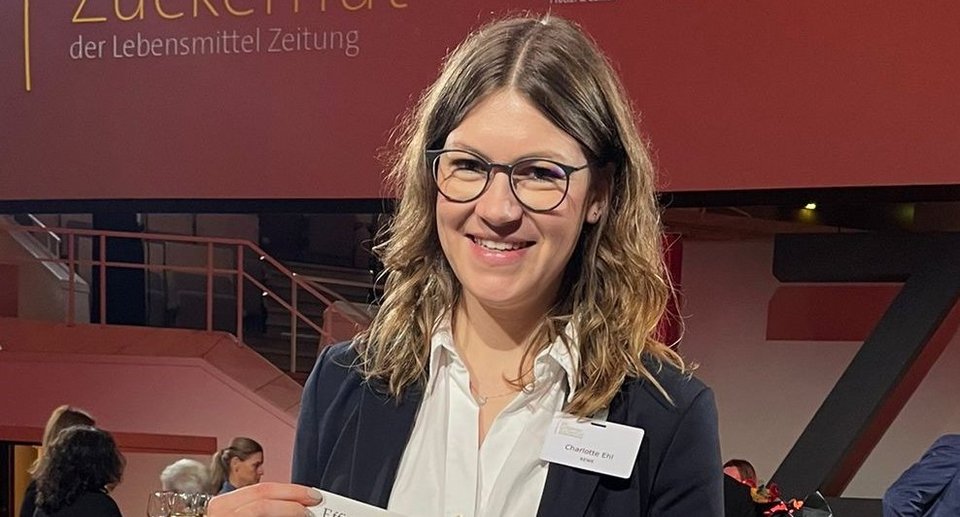
Talent isn't everything: REWE Group top manager Ilse Holzer explains why unpretentiousness also helps women get ahead professionally - and why it's dangerous to want to please too much.
 Ilse Holzer
one: Mrs Holzer, you are the CFO of Billa in the Czech Republic. A position that not many women hold at REWE Group. How did you get there?
Ilse Holzer
one: Mrs Holzer, you are the CFO of Billa in the Czech Republic. A position that not many women hold at REWE Group. How did you get there?
Ilse Holzer: I am absolutely convinced that it made no difference to the development of my career whether I was a man or a woman. What helped me were qualities that have nothing to do with gender: Firstly, authenticity, i.e. the ability to stay true to yourself. And if you are also talented and committed to a certain extent and perhaps also unpretentious in life: Then all opportunities are open to you, even in a male-dominated working world.
And I think education plays an important role, regardless of gender. It's never too late to develop yourself further, it's never too late to start studying, it's never too late to immerse yourself in unfamiliar subject areas. It always takes you further and shows that you are curious. Incidentally, this curiosity is another lever for your career, alongside authenticity or talent. But - and this is especially true for large companies, where the pyramid is very pointed - you have to make yourself noticed.
one: make yourself noticed: How well can women do this in their careers?
Ilse Holzer: I think many women only have one obstacle: they are in danger of always wanting to please in order to seek recognition. And that they are far too modest... You could say that women often stumble over their own modesty.

one: Why is the search for recognition a career brake? Recognition is something very motivating.
Ilse Holzer: It's a hindrance if you crave recognition and lose sight of what professional collaboration is all about: business success or the fact that someone needs validation for themselves? You have to learn to outsource the latter. I get confirmation at home or over a coffee with colleagues. You shouldn't mix it too much with your professional activities. That makes you dependent and cancels you out. In many companies, the other person then knows: I only have to pat this employee twice over the head and then I'll get good work, but I won't be promoted. This search for recognition is a stumbling block. You have to drop your modesty and say clearly that I can do that too.
one: Women are said to network less or less well than men. Is that true?
Ilse Holzer: It is more difficult for a woman to build up a network if there are only a few women in similar positions. So it's not about communication skills at all. If there are no real professional connections and points of contact, then you can't build a solid network, the threads are rather loose. That's why it's much different and more difficult for women than for men, because the threads aren't as tight.

one: Organised networks are intended as an instrument for promoting women. What do you think about support programmes for women?
Ilse Holzer: What I found great was the Women's Drive programme with female mentees and both female and male mentors. As a mentor, I was able to pass on a lot and at the same time look at familiar things from a new perspective.
As far as the top management level is concerned, I think that REWE Group's tools are set up for this. But every woman has to be aware of that: You can't sit at your desk and create great presentations and at some point someone will knock and say, 'Come on, now we're going up a level`. Instead, you have to actively make it known that you want to develop further. You have to actively show that you are ready for the next step. That you are prepared to invest a lot of time - and that you are happy to do so. Women also have a duty to demand more and say more clearly what they are prepared to do in order to progress in the company.

In the retail sector, management positions are filled by women much more frequently than the average for the German economy as a whole. According to the German Retail Association (HDE), women hold 38 per cent of positions at the top management level; the overall ratio is only 26 per cent.
At the second management level, the retail sector is also well above the overall economic average of 40 per cent, with a share of women of 65 per cent. The HDE cites the "traditionally high proportion of women" in the sector and "good career opportunities" as reasons for this.
one: Do women from other cultures approach their careers differently?
Ilse Holzer: In many countries, women actually experience completely different support in education and in professional life. It is more natural for women there to strive for a professional career, to take a more relaxed approach to childcare and to think about their own security. As a result, you see women in management positions much more often in these countries, including at REWE Group.
one: How do women get into these management positions more often in our culture?
Ilse Holzer : Perhaps we tend to limit ourselves when we always address the issue of women. After all, no one other than ourselves is responsible for us and our own development. Only we ourselves can make the decision to become more visible. If we realise this, we can take it into our own hands and decide how far we want to go, how far we want to push our own boundaries Some people only take a few steps and then live very happily. That's a good thing. But to look at these boundaries again and again, to reflect on them - I can only recommend this to every woman.

Ilse Holzer, CFO of Billa in the Czech Republic for four years, previously worked in top management at REWE International for eight years. The Austrian began her career in the tourism industry. She describes these years, in which she worked in many countries and languages and sat at the same table with many cultures, as "enriching".
The "cultural potpourri" also sensitised them to listen carefully and be suspicious of clichés - and to laugh at themselves and their own cultural idiosyncrasies.

MORE ABOUT WOMEN IN THE REWE GROUP
Women in the REWE Group: professional driver, store manager, boss
Interview with regional manager Tina Mangold: "We can't afford to give away this potential"
Katrin Feiertag and Kathrin Bräuer in conversation: The (shop) woman herself
Interview with Operations Manager Verena Hammer: "I'm not your typical boss"




